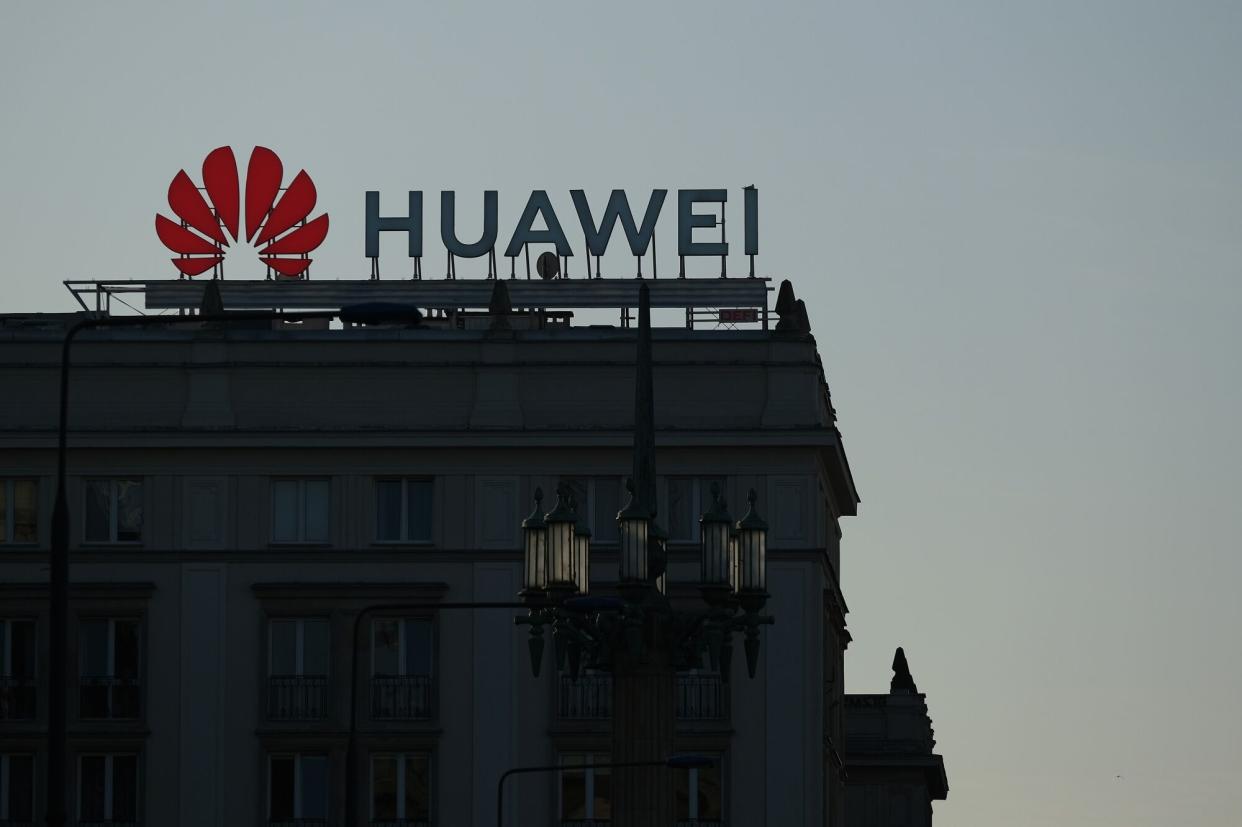Germany to Cut Huawei From 5G Core Network by End-2026

(Bloomberg) -- Germany’s ruling coalition agreed on a proposal to strip critical Huawei Technologies Co. and ZTE Corp. components from the nation’s 5G core mobile network by the end of 2026 for national security reasons.
Most Read from Bloomberg
Biden Vows to Stay in 2024 Race Even as NATO Gaffes Risk His Campaign
Tesla Delays Robotaxi Event in Blow to Musk’s Autonomy Drive
US and Germany Foiled Russian Plot to Kill CEO of Arms Manufacturer Rheinmetall
Stock Rotation Hits Megacaps on Bets Fed Will Cut: Markets Wrap
Companies will then have until the end of 2029 to remove parts made by Huawei and ZTE from the 5G access and transport network, according to an accord announced Thursday by Interior Minister Nancy Faeser.
The agreement was reached after extending the deadline to implement the first phase by a year. Bloomberg previously reported that the Digital Ministry, run by Volker Wissing of the business-friendly Free Democrats, was against a stricter proposal by the Interior Ministry, controlled by Faeser, a member of Chancellor Olaf Scholz’s Social Democrats.
“In this way, we are protecting the central nervous systems of Germany as a business location — and we are protecting the communication of citizens, companies and the state,” Faeser said in an emailed statement.
“Today’s threat situation underlines the importance of a secure and resilient telecommunications infrastructure, especially in view of the dangers of sabotage and espionage,” she added.
Germany’s security review of its 5G network lasted for more than a year, complicated by the conflicting policy priorities of the three parties in the governing alliance. That’s even as the US and European Union expressed increasing concern about potential risks posed by Chinese companies with close ties to the government in Beijing.
The Interior Ministry said that Deutsche Telekom AG, Vodafone Group Plc and Telefonica Deutschland Holding AG had agreed to sign contracts compelling them to comply with the decision to remove Huawei and ZTE parts under the agreed timetable.
Deutsche Telecom said in a statement the agreement was a “good balance” between German security interests and the need to expand the country’s digital infrastructure. Vodafone said the deal will be “technically challenging” but is feasible, while Telefonica praised it for providing a clear road map to modernize the network.
Huawei said in a statement it is a reliable supplier and there is no evidence its technology poses a threat or plausible scenarios in which it would. ZTE did not immediately respond to requests for comment.
What Bloomberg Intelligence Says....
“The German state’s plan for a gradual removal of Chinese equipment from the country’s 5G networks, with a 2026 deadline for core and 2029 for radio access, may cap compliance costs for the German carriers — with Deutsche Telekom and Telefonica most exposed, followed by Vodafone. The Chinese kit is mostly concentrated in radio access, making up about 50% of equipment, with a five-year phasing supporting replacement costs to be absorbed by routine upgrade capex.”
— Erhan Gurses, BI Telecom Industry Analyst. Read the full note here.
The US administration recently introduced new tariffs and revoked licenses for selling chips to Huawei as relations with China deteriorate.
When asked about Germany’s plan at a regular press briefing Thursday in Beijing, Foreign Ministry spokesman Lin Jian said there’s “never been evidence showing Chinese telecom companies harm the national security of European countries.”
“We hope Germany will respect facts, decide on their policies in a rational manner, and make an independent decision that is in line with its interests and international rules,” he added, speaking before the government in Berlin had confirmed the plan.
Germany has been more hesitant to implement a ban on Chinese parts than some of its allies. The UK banned Huawei from next-generation 5G wireless networks in 2020 and limited its presence in fixed networks, citing supply-chain concerns after the US imposed sanctions on the company.
Germany opted to allow components from Huawei when companies, including Deutsche Telekom, built 5G networks. However, Berlin has since taken a tougher stance on China and sought to reduce its dependence on individual countries following Russia’s invasion of Ukraine.
--With assistance from Lucille Liu, Philip Glamann and Paula Doenecke.
(Updates with Hauwei statement in the ninth paragraph.)
Most Read from Bloomberg Businessweek
Ukraine Is Fighting Russia With Toy Drones and Duct-Taped Bombs
At SpaceX, Elon Musk’s Own Brand of Cancel Culture Is Thriving
He’s Starting an Olympics Rival Where the Athletes Are on Steroids
©2024 Bloomberg L.P.



